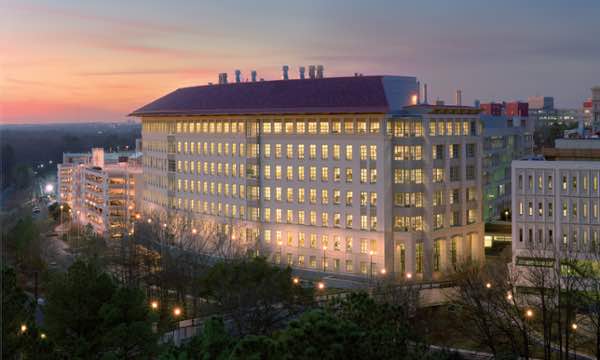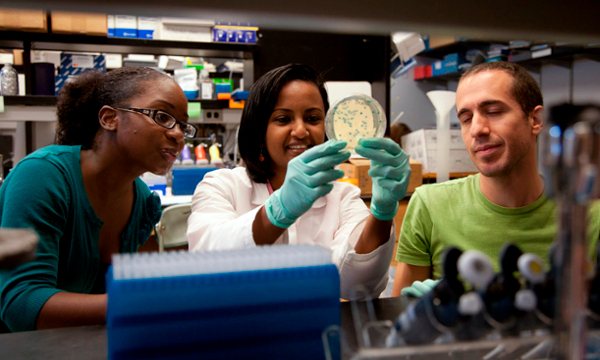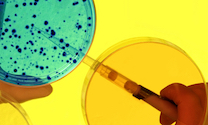About IMP
The IMP program provides students with a unique opportunity to study all aspects of pathogenesis using a spectrum of cutting edge molecular and cellular techniques. Participating faculty have a broad range of research interests, from basic immunology to the molecular biology of viral and bacterial pathogens. The program therefore provides an opportunity to tailor course work and research activities to fit the career goals of individual students. Below is a basic overview of a students time in the IMP graduate program. Please explore the website for further details.
Year 1:
Students take a common sequence of courses in biochemistry, immunology, and virology.Students complete three 8-10 week laboratory rotations. These provide opportunities for students to participate in active research projects in different areas and to become acquainted with faculty members who may become mentors and advisors.
By the end of spring semester, students select a dissertation mentor.
Year 2:
Students take two advanced level immunology/pathogenesis courses, biostats, and a course on hypothesis design and scientific writing.
At the beginning of the spring semester, students take a comprehensive oral examination to assess their grounding in immunology/pathogenesis concepts and experimental design.
Also at the end of spring semester, students select a dissertation committee that will guide the preparation of a dissertation proposal.
By the end of the summer between years 2 and 3, in conjunction with their dissertation mentor, students prepare a National Institutes of Health application grant-style proposal, to be presented and approved by their dissertation committee.
With the guidance of the dissertation mentor and the dissertation committee, students develop the expertise and skills needed to carry out a dissertation research project.
Year 3+:
Students conduct original scholarly research, publish manuscripts, and complete a written dissertation and an oral defense. At this stage, students are encouraged to present their research at regional and national scientific meetings. Most students complete program requirements, including their research, and defend their dissertation in five to six years total.





